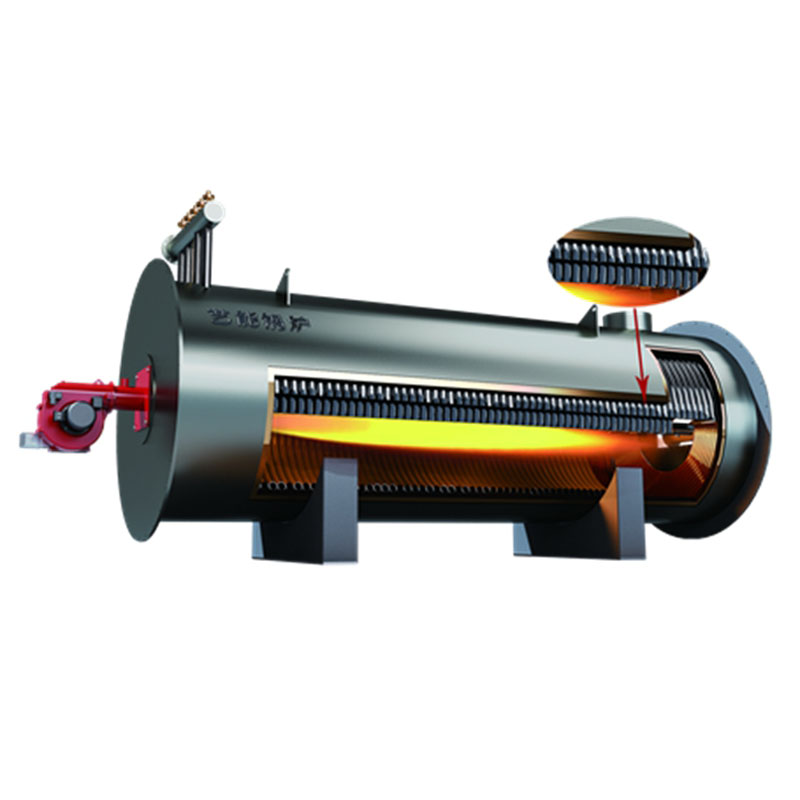popular thermal fluid boiler solutions for the plywood manufacturing sector
The Role of Thermal Oil Boilers in the Plywood Industry
The plywood industry is a significant sector in wood processing, known for its extensive use of wood resources to create versatile and high-quality products. A critical component of operational efficiency in this industry is the reliable source of heat, which is where thermal oil boilers come into play. These boilers offer a distinct advantage in providing the necessary heat for various manufacturing processes involved in plywood production.
Understanding Thermal Oil Boilers
Thermal oil boilers are specialized systems designed to transfer heat using thermal oil as the heat transfer medium. Unlike traditional steam boilers that rely on water, thermal oil systems can operate at higher temperatures without reaching high pressures, minimizing risks and maximizing safety. This characteristic makes them particularly well-suited for industries like plywood manufacturing, where consistent and controllable heat is essential.
Applications in the Plywood Industry
In the plywood production process, heat is essential for several stages, such as wood drying, veneer production, and bonding processes. The thermal oil boiler provides the consistent heat required for these processes, enhancing product quality and operational efficiency.
1. Wood Drying One of the most critical stages in plywood manufacturing is drying the wood to a specific moisture content. By using thermal oil that can be heated to high temperatures, manufacturers can efficiently dry the wood, reducing the risk of warping and ensuring uniformity in moisture content. This controlled process is vital for producing high-quality plywood that meets market standards.
2. Veneer Production The production of veneer involves peeling or slicing logs into thin layers. This process requires the application of heat for proper treatment and shaping of the wood. Thermal oil boilers deliver the required temperature control, which ensures that the veneer retains its integrity and is ready for pressing into plywood sheets.
3. Bonding Processes In the final stages of plywood production, adhesives are used to bond the layers of veneer together. Optimal bonding requires precise temperature control to activate the adhesives effectively. Thermal oil systems provide the necessary heat for this process, ensuring strong bonds and overall product durability.
famous thermal oil boiler for plywood industry

Advantages of Thermal Oil Boilers
The use of thermal oil boilers in the plywood industry presents several advantages
- Efficiency Thermal oil systems can operate at higher thermal efficiencies compared to traditional steam boilers. This efficiency translates into lower operational costs and energy savings.
- Safety By operating at lower pressures, thermal oil boilers significantly reduce the risk of accidents associated with high-pressure steam systems. This safety feature is crucial in a manufacturing environment where reliability is paramount.
- Control The ability to maintain precise temperature and pressure levels allows for better control of manufacturing processes, resulting in enhanced product quality and consistency.
- Flexibility Thermal oil boilers can be designed to suit a variety of production scales, from small workshops to large-scale manufacturing facilities, making them adaptable to the diverse needs of the plywood industry.
Conclusion
In conclusion, the integration of thermal oil boilers in the plywood industry represents a significant advancement in manufacturing processes. By providing reliable, efficient, and safe heating solutions, these boilers contribute to improved product quality and operational efficiency. As the demand for plywood continues to grow, investing in modern thermal oil boiler technology will be essential for manufacturers aiming to stay competitive in a rapidly evolving market.
-
Electric Steam Boiler Manufacturers: Efficient Industrial SolutionsNewsAug.21,2025
-
Efficient Waste Heat Boilers: Energy Recovery SolutionsNewsAug.19,2025
-
Industrial Thermal Oil Boilers | Efficient & Reliable HeatingNewsAug.18,2025
-
Electric Steam Boiler Manufacturers: Efficient & Reliable SolutionsNewsAug.17,2025
-
Electric Steam Boiler Manufacturers: Efficient Industrial SolutionsNewsAug.15,2025
-
Leading Electric Steam Boiler Manufacturers for IndustryNewsAug.14,2025

